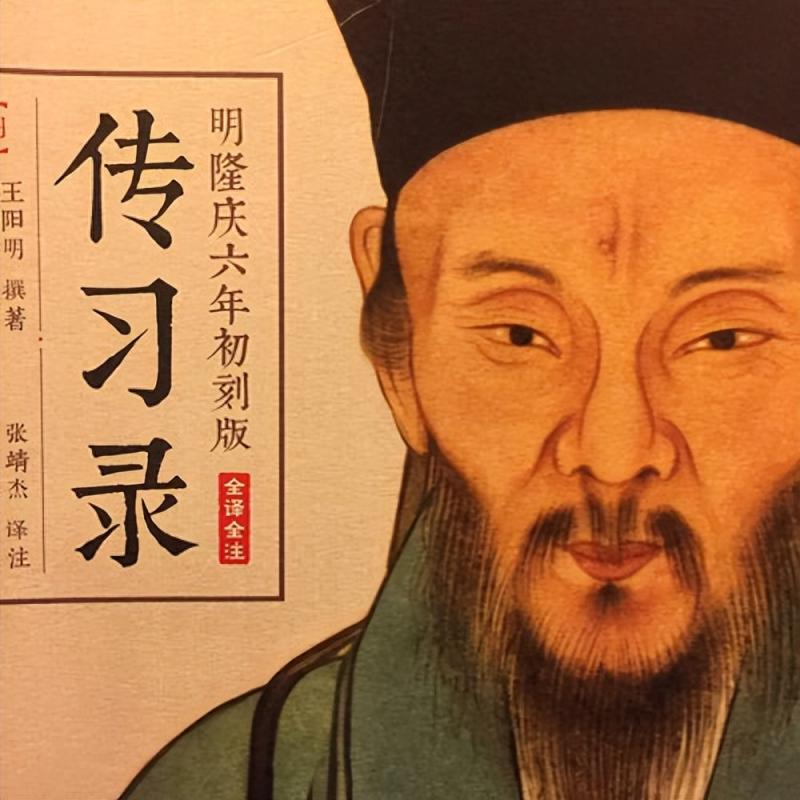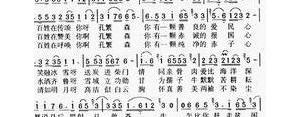
1. 心即理也。心外无理,心外无物,心外无事。(The heart is the essence of reason. There is no reason outside the heart, no objects or events outside the heart either.)
解释:王阳明的心学主张“心即理”,意思是人的内心就是理性的源泉。心外无理,意味着理性不受外界事物的影响;心外无物,表示内心的觉悟不依赖于外界的物质;心外无事,说明人的道德修养不应该受外界事务的干扰。
2. 破山中贼易,破心中贼难。(It's easier to defeat the thieves in the mountains than to conquer the thieves in one's heart.)
解释:这句话意味着战胜外部的敌人相对容易,但要战胜内心的贪婪、欲望和邪恶念头却非常困难。王阳明认为,人的内心容易被物欲、私欲所困扰,而克服这些内心的“贼”才是真正的艰难。
3. 天地虽大,但有一念向善,心存良知,虽凡夫俗子,皆可为圣贤。(Although the world is vast, if one has a thought of doing good and possesses conscience, even an ordinary person can become a saint.)
解释:王阳明认为,只要一个人心存善念、具备良知,即使他是一个普通的人,也有可能成为道德高尚的圣贤。这句话强调了人的内心修养和道德觉悟对于个人成长的重要性。
4. 你未看此花时,此花与汝心同归于寂;你来看此花时,则此花颜色一时明。(When you haven't seen this flower, it is as if it doesn't exist; but when you look at it, its color becomes instantly vivid.)
解释:这句话表达了王阳明的“知行合一”观点。他认为,知识和实践是紧密联系的,没有实践的知识是空洞的,而实践则需要知识的引导。当我们关注某一事物时,我们的内心会因为关注而变得清晰明了。
5. 圣人之道,吾性自足,向之求理于事物者误也。(The way of saints is already sufficient within us; seeking reason in things outside ourselves is a mistake.)
解释:王阳明认为,圣人之所以能成为圣人,是因为他们发掘了自己内心的道德潜能。这句话强调了内心修养的重要性,并告诫人们不要过于依赖外界的物质和事物来寻求道德的提升。























